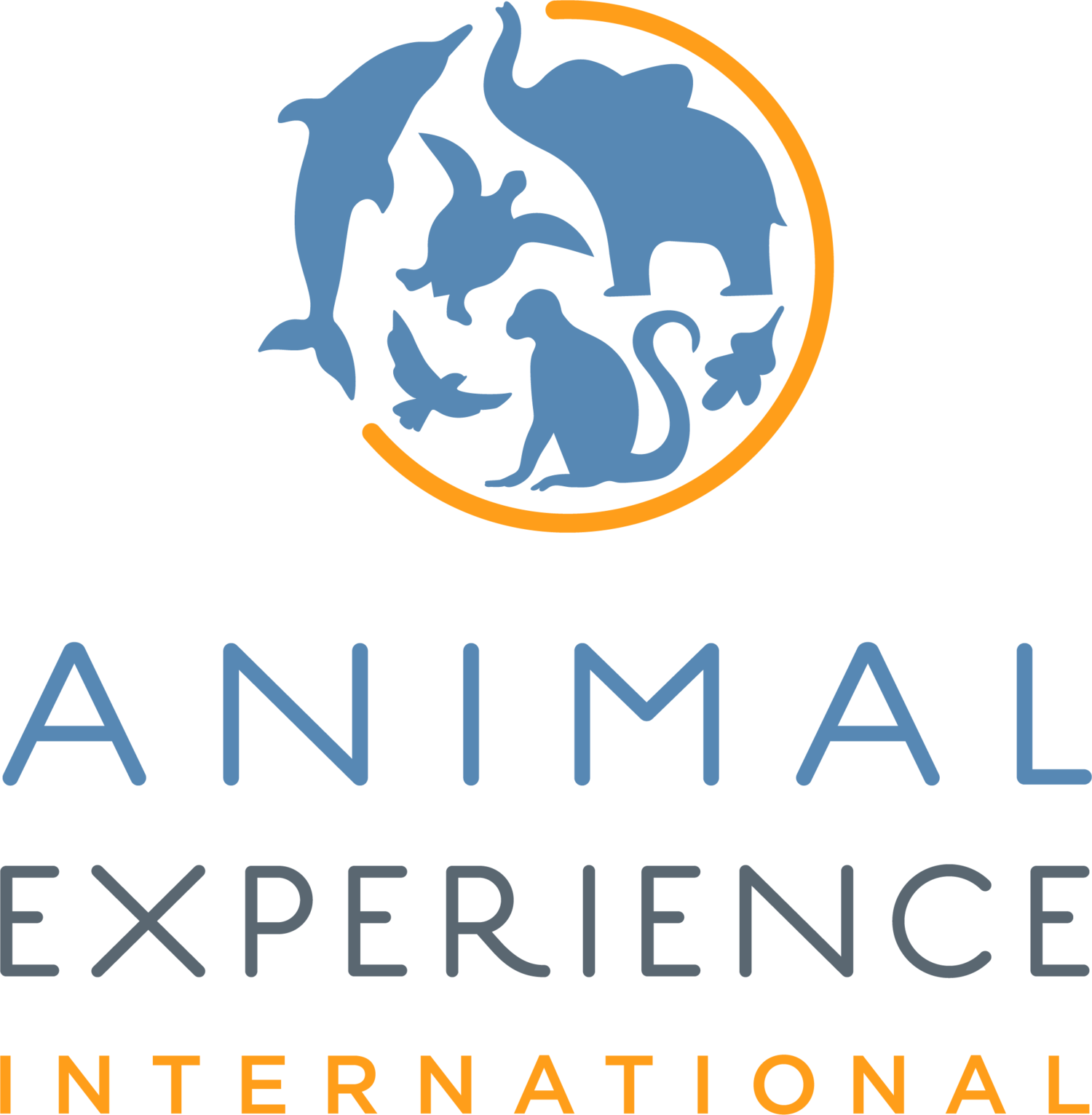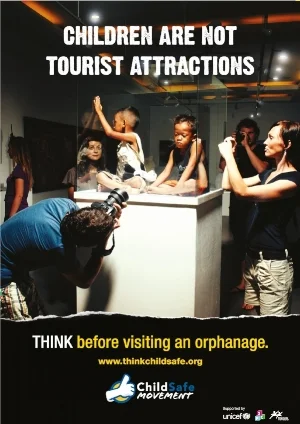All of our experiences follow a Consent Based Tourism model. All participants are consenting to all interactions. The communities are consenting hosts, the animals are not chained or forced to interact with volunteers and the volunteers have correct and realistic expectations of their roles in community. We help people volunteer around the world without costing the local community their safety, financial security or autonomy. We help animals without exploiting individuals or populations. We help you stay safe and comfortable by making sure you are prepared and ready to change your life.
How can you make sure your impact is positive and not unintentionally harmful?
For further reading please consider buying the AEI Guide to Ethical Travel and Mental Health in the Field, a collection of travel stories, advice and antidotes from our Volunteer Coordinator Nora Livingstone.
Travelling responsibly should be based on knowledge and a desire for positive change in the world. We have provided some interesting calculators that will help you consider your impact on the world and its people. Use these calculators to reflect on your life and ask yourself some important questions. What does your impact look like? Would you like it to change? What can you do to change it? Travelling responsibly shouldn’t be based from guilt. Let this information motivate and empower you to make a difference!
A crash course in traveling ethically.
Think outside yourself. Remember you are the visitor. Respect the customs and religions around you.
Follow the religious customs of the community you are in. Cover your head in sacred spaces, cover your shoulders in monasteries, don’t wear leather in Hindu temples. Not sure about the country you are visiting? Don’t worry, AEI will supply you with a travel manual so you can be well prepared.
Don’t litter. Just don’t do it.
Don't let balloons or sky lanterns go. Everything that you let go into the air, will come back to Earth. Balloons kill marine life and sky lanterns can burn and kill animals. Sky lanterns have also been known to injure humans and start forest fires. No celebration needs to end with the death of an animal. For more information please visit Balloons Blow.
BYOB– Bring Your Own Bag. Plastic bags have become a world-wide problem. They get trapped in trees, entangle sea life and create a strain on the garbage collection in many countries. Be part of the solution: carry your own bags, reuse the extra ones you get and say no to plastic!
Ask permission before you take pictures of people. Remember, the people you see are not actors who are on display for you. They are normal people living their lives. Please be gracious if they say they would rather not have their picture taken.
Remember to treat people the way you would like to be treated.
Conserve energy. Going on vacation doesn’t mean your actions stop counting towards the global good– or bad. The power grid will be different in the countries you visit. Don’t put an extra strain on a possibly already overwhelmed system– unplug your chargers when they aren’t in use, turn off lights when you leave the room.
Use reusable menstrual products like LENA. At LENA, they want to spread awareness on the personal and environmental benefits of reusable menstrual products, inspiring women to improve their periods while loving and respecting our planet. When North American clients are placing their order on Amazon, they can enter an AEI discount code to get 20% off the LENA Large or Small cups. We love LENA because it makes travelling easier for women while also making their environmental footprint smaller.
Conserve water. Don’t drink untreated water BUT if you can: boil, use purification tablets and UV filters. Many countries have no way of recycling plastic bottles and they pile up in landfills, around the country side and in our world’s oceans. Reuse your own water bottle safely, take demand away from the plastic water bottle supply chain. Think about your water consumption– even when you have access to a tap. The average hotel guest uses over 300L of water a night. In luxury hotels this average jumps to 1800L. Click here to buy your own AEI water bottle.
Tread lightly. If you go trekking or hiking stay on established trails. Watch where you step and avoid damaging native plants. If you see garbage littering the path, pick it up. If everyone thinks "someone else will do it" it will never get done!
Never eat, wear, purchase or have your picture taken with an endangered or wild animal. These animals have been poached from the wild and don’t belong on your plate, in your bag or on your head as a souvenir. They belong in the wild– supporting the poaching and animal tourist trade is counter-productive to all the projects AEI has partnered with.
Shop fair. Support local cooperative shops, fair trade markets, small restaurants and family owned businesses. Make sure the money you bring into the community stays there and impacts your local hosts and their families rather than leaking out to benefit a different region.
Do not give money to people on the streets. This encourages an unsustainable system of begging. AEI can provide you with a list of reputable charities and organizations if you wish to donate while you are in your host country. AEI can also contact these organizations before you leave to determine if they would appreciate in-kind donations like pens or soccer balls.
Do not support the sex trade. Remember your local actions have global consequences. The sex trade is an unsustainable, unsafe, degrading and humiliating industry for the men, women and children forced to work in it. To learn more about how you can help stop the exploitation of people please visit Amnesty International and Human Rights Watch.
Do not support the illegal drug trade. Not only does this put your money into an unsafe, corrupt and illegal industry, it could also land you in another county’s prison.
Do not support the animal tourist trade. Do not support the global poaching and animal trade by taking part in any activity that uses captive animals as entertainment. Animals are not here our entertainment. Make sure that all your actions support free animals in the their natural and wild habitats.
Do not support child exploitation. In Cambodia 72% of children in 'orphanages' still have one or both parents (research conducted by UNICEF Cambodia). Some parents use their children as pawns on the street- begging for money instead of sending them to schools. Begging is seen to make more money immediately than the investment of school. When we give money to children begging on the street we lock them into a cycle of unsustainability, lower education and poverty. We strongly encourage you visit sites like ChildSafe International to learn more about child exploitation and how you can travel fairly. There are more than 215 million child laborers worldwide. If you see a child who you suspect is being forced to work please contact ChildSafe International or Interpol.



